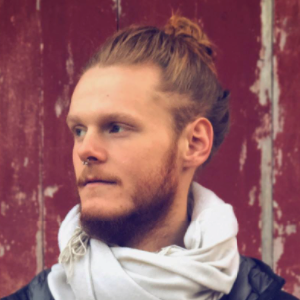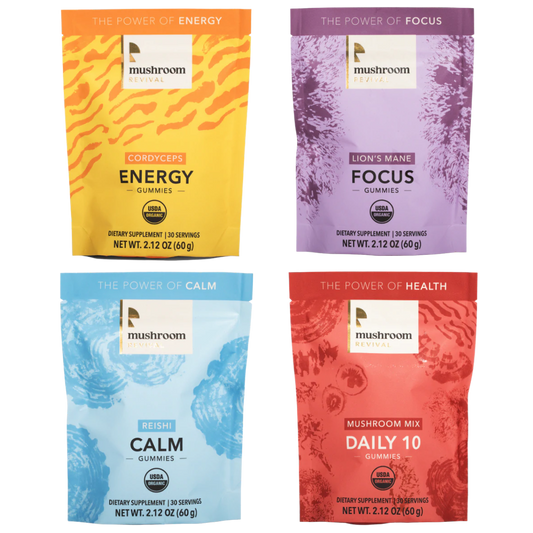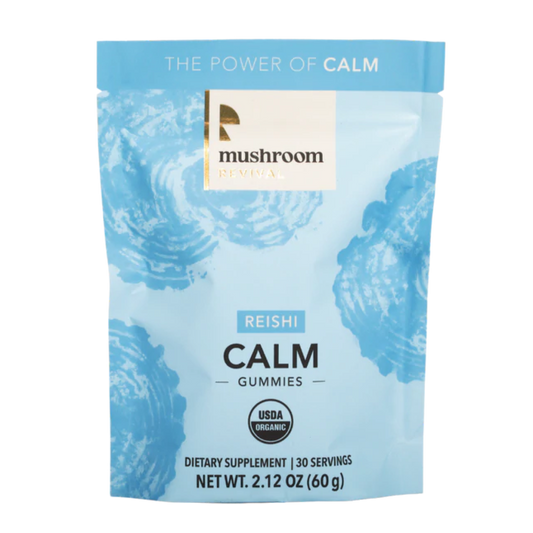Psilocybin Microdose Research With Microdose.me and Zachary Walsh
Researching the effects of microdosing with psilocybin is challenging. Zachary Walsh, a clinical psychologist created an app called microdose.me to collect data instead.
Podcast Topics
- About Zachary Walsh’s education and research work
- What is the Microdose.me app, how does it work, and the legalities behind it
- Differences between macrodosing and microdosing
- Why microdosing is a challenging subject to research and how it might be conducted
- Current microdosing research findings
- What other kinds of drugs are microdosed
- Standard psilocybin microdosing ranges
- How it might look for psilocybin to get legalized
- Longer-term plans and visions for the psilocybin field
- Synergistic ingredients to pair with psychedelic experiences
Meet Clinical Psychologist, Zachary Walsh
Microdosing is a trending practice, but the science is far behind. Today, we are joined by Zachary Walsh, a leading researcher in the Microdose Study. We discuss the objectives and hurdles in conducting research like this. It is the first of its kind, a mobile, correlational study that collects data on the effects of psychedelic substances on cognitive performance and mental health.
Zachary Walsh is a Professor at the University of British Columbia Department of Psychology and Registered Clinical Psychologist whose research has been supported by several institutions. They include the Canadian Institute of Health Research and the American Psychological Association. He primarily focuses his research on human behavior and mental health. He received his Ph.D. in Clinical Psychology in 2008 and completed a clinical internship and research fellowship at the Brown University Centre for Alcohol and Addiction Studies. Zach currently sits on the advisory board for the Multidisciplinary Association for Psychedelic Studies, otherwise known as MAPS.
What Is Microdosing?
To begin, it may seem a bit confusing, but it is a complicated concept. Microdosing entails “a broad range of practices.” Ultimately, it is the act of taking dosages in very small amounts or “micro” doses. The administration usually happens periodically for a longer duration of time in comparison to macrodosing, which is a very large dose of psilocybin in one session.
In the case of psilocybin, microdosing comprises of “sub-perceptual doses.” The reason why it is a complicated concept is that the effects are hardly there, barely felt. Most people can go about their regular activities as the effects are not very noticeable and do not interfere with daily living.
To this day, there is no reliable research on psilocybin microdosing because of such subtle effects. Based on anecdotes, there is a “mild stimulating effect,” which has been known to make people feel better throughout their days. In detail, it’s been reported that psilocybin microdoses enhance mood, increase focus, and inspire more energy.
What Is Macrodosing In Comparison to Microdosing?
"4.3 dried grams psilocybin" by cheese_colored_mumu is marked with CC BY 2.0.
The difference between macro and microdosing is very simple. A macro dose is a very large dose. It may be between an eighth of an ounce to five grams of dried psilocybin mushrooms that are taken in one sitting. On the other hand, a microdose is a very small amount that is taken over a longer stint. The range of weight for microdosing is another confusing aspect of the practice. Though it has been shared that a user can take between 0.1 to 0.4 grams. However, some people may even go for 0.5 to 1 gram as a microdose as well; though the first range is most typical.
In comparison, macrodosing practices have considerably more research behind it. A macrodose session is conducted with a large dose of psilocybin. It is usually conducted in a therapist's office along with a professional. Oftentimes, patients have an eye cover on and the effects are felt for a very long time, about 7-8 hours. It has been reported that macrodosing is good for depression. With fast-moving studies and “high-level gold standard research, controlled trials, etc.” it is likely to go in for approval through the FDA in the near future, shares Zach.
Overall, the empirical data for each practice are considerably different. Plus, macrodosing practices contain heaps of research data while microdosing has very little information. In more detail, it is very hard to research microdosing. Rather than coming in for a single macrodose session, participants for microdose research need consistent doses over a large period of time.
Challenges with Microdosing Research
As stated before, deciding on a proper microdose weight to take, a place of administration as well as knowing if and how someone is experiencing the effects altogether can be confusing. In a professional atmosphere, researchers might need to bring patients into the lab daily for administration and supervision to clearly see and track any effects. Yet, with this scenario, the problem of the lab setting comes into play.
If people were to take microdoses in a lab, it would be assumed that they may go about asking questions like, “do you notice anything?” “what’s the point?” “do you feel it?” Essentially, such small doses in a clinical environment could produce an absence of experience. In other words, the participant may not feel or notice any effects because the professional setting could cancel them out. This would not happen when someone is under the influence of the full effects of a macrodose though.
If there were such trials for microdosing they would be time-consuming and arduous. Zach shared that there needs to be new ways to test the effects of microdosing as lab-based clinical trials are too long-term and not a valid way to test the benefits people will experience. Instead, it would be more pervasive to measure the effects in a real-world setting. This will allow researchers to see how a microdose truly affects groups most subtly and naturally.
Zach states that it would be ideal to have a “placebo-controlled” microdose study. This, however, depends on regulations changing since participants would need to bring home their microdose. And it’s going to take some time before people can take about a week's supply of psilocybin microdoses home legally.
The Microdose.me App
The current Microdose Study is conducted on an app called microdose.me. The app works like this: first, a participant joins the application then inserts their “initial baseline” by inputting their historic uses of psychedelics. This process takes about a half-hour. Next, the study begins to provide a regular set of daily questionnaires. Participants will respond to questions like how much they microdosed that day. All of the answers will relate back to their baselines. The short day-to-day surveys eventually lead to monthly check-ins.
Over time, the data will change from month-to-month. All the information will consistently get referenced back to the baseline for further comparison. There will be days when people won’t microdose too; this will result in a daily difference that computes even more analytical statistics. As far as the study, it lasts three months for each participant, but you can input responses for however long you can, even if that is less than a quarter of a year.
Moreover, the app registers microdosing for other substances too, not just psychedelic mushrooms. People that don’t microdose are welcome to participate as well. The objective of the study is to gather as much data from participants as possible for analysis and study. In its entirety, this will help to answer open-ended questions such as if microdosing helps or deters productivity.
In essence, Zach and his team want to observe microdosing systematically. The goal is to get a lot of information that will help them to understand how to further psilocybin therapy and share it with people that need it.
The Future of Microdosing
"Mushroom" by anees.waqas is marked with CC BY 2.0.
In the long term, Zach wants there to be a network of psychedelic researchers that can tap into a large data pool pumped full and overflowing from research. He hopes that the industry doesn’t go straight into monetization or pharmaceutical mode as secrets held within the psilocybin field could slow down the process of getting the remedy to those that are suffering.
Sharing research instead of corporatizing the industry will speed up the process of legalizing psychedelic mushrooms as a drug. Zach encourages all professionals to share their empirical data as it may help people “welcome effective treatments for PTSD and for depression… that psychedelics might be effective.”
Please note, that there is “no protection for [the] people who are in the study” as the research is not supporting the distribution or use of psilocybin. People “could face criminal consequences for possessing and using psilocybin.” Microdose.me is purely an observational application that is just tracking people’s behaviors.
For more information about the Microdose Study, listen to the podcast and check out the resources below. You’ll hear more about the legalities of psilocybin therapy as well as the differences between Canada and other countries in the pursuit of legalizing psychedelic medicine.
Podcast Show Notes & Works Cited





























